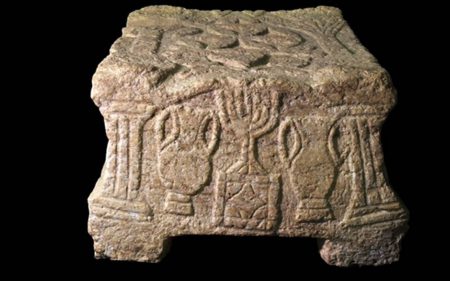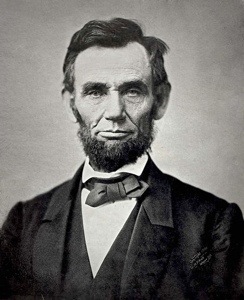
“Seven Stanzas at Easter” by John Updike
Christendom possesses an embarrassment of riches when it comes to poetry about the resurrection of Jesus Christ. One of my favorite modern poems is John Updike’s “Seven Stanzas at Easter,” which revels in the realism of Christ’s rising, opposing a … Continue reading “Seven Stanzas at Easter” by John Updike




